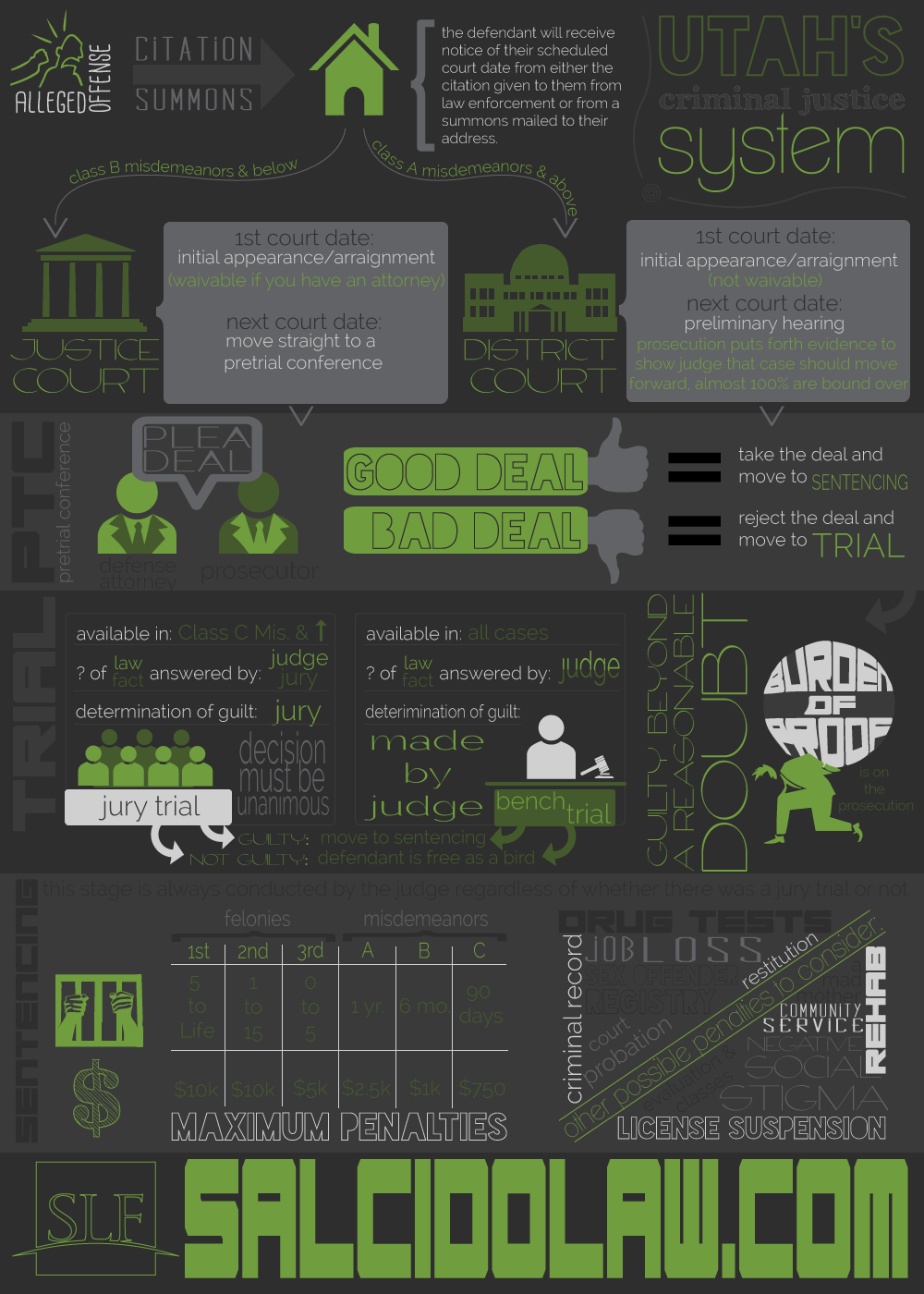Comprehending The Critical Role Of Evidence In Criminal Defense Has The Potential To Alter Everything; Identify The Essential Realities That Could Influence The Result Of Your Situation
Comprehending The Critical Role Of Evidence In Criminal Defense Has The Potential To Alter Everything; Identify The Essential Realities That Could Influence The Result Of Your Situation
Blog Article
Post Writer-George Arthur
When you think of criminal defense, evidence is commonly the first thing that comes to mind, and forever factor. It's the structure whereupon your instance stands, forming the narrative and influencing the jury's assumption. Various sorts of proof, from physical to digital, each play an one-of-a-kind function in developing a protection. Yet not all proof is dealt with just as; admissibility criteria can make or break your protection strategy. Understanding these subtleties is important, particularly when taking into consideration how they can affect the end result of a trial. So, what should you understand about these requirements?
Kinds of Evidence
When it pertains to criminal protection, understanding the types of proof can make all the difference in your case. Evidence falls into several groups, each playing a vital function in establishing the realities of your scenario.
find out this here is testimonial evidence, that includes declarations made by witnesses. Their accounts can give insight right into what happened and can either sustain or test the prosecution's insurance claims.
Physical proof is one more essential kind, incorporating concrete things like weapons, apparel, or fingerprints. This type of evidence can straight connect you to a crime or help negate accusations against you.
After that there's docudrama evidence, which includes records, photos, or any written materials important to your case. These papers can give a timeline or context that's important for your protection.
Lastly, you can't forget digital evidence, that includes data from mobile phones, computers, or social networks. This sort of evidence can expose critical info regarding your activities or communications.
Admissibility Requirements
In criminal protection, the admissibility of proof is important to your instance's result. You'll need to understand the standards that determine whether proof can be utilized in court. Usually, proof has to be relevant, dependable, and gotten lawfully to be thought about acceptable.
Relevance indicates the proof has to directly relate to the instance and assistance confirm or negate a reality at issue. If it doesn't attach to your protection or the charges against you, it may be excluded.
Reliability ensures that the evidence is qualified and trustworthy; for example, eyewitness statement can be brought into question if the witness has a background of unreliable accounts.
Additionally, proof has to be collected in accordance with lawful procedures. Any type of proof obtained through prohibited methods, such as an illegal search or seizure, might be deemed inadmissible under the exclusionary regulation.
Understanding these criteria can empower you to work properly with your attorney. They'll navigate the complexities of these rules to strengthen your defense, guaranteeing only the very best evidence is presented in your support.
Always bear in mind, the admissibility of proof can considerably influence the jury's perception of your situation.
Influence On Protection Techniques
The admissibility of evidence directly forms your protection strategies. When evidence is deemed permissible, you can utilize it to construct a solid situation. On the other hand, if evidence is ruled inadmissible, you need to pivot your technique. Recognizing what evidence the prosecution can provide aids you expect their debates and prepares you to counter them effectively.
You'll want to concentrate on event evidence that supports your defense. This could consist of witness declarations, expert statement, or documents that obstacle the prosecution's cases. The objective is to produce practical uncertainty in the minds of the jurors. If specific items of proof are weak or controversial, you might think about an approach that highlights various other solid facets of your instance.
Moreover, the type of evidence-- whether it's forensic, testimonial, or digital-- will certainly determine how you communicate your defense. You'll require to craft engaging narratives that reverberate with the jury while utilizing admissible evidence to back up your insurance claims.
Inevitably, your strategy must be flexible, enabling you to adapt as brand-new proof comes to light or as judgments are made. Each choice you make ought to line up with the goal of guaranteeing the very best possible end result for your situation.
Conclusion
In criminal defense, evidence plays a pivotal duty fit your situation. By recognizing the different kinds of evidence and their admissibility standards, you can enhance your defense approach and create practical doubt psychological of jurors. Working together closely with your legal guidance guarantees that your evidence is presented properly and adjusts to any brand-new growths during the test. Ultimately, the ideal evidence can make all the difference in achieving a favorable end result.
